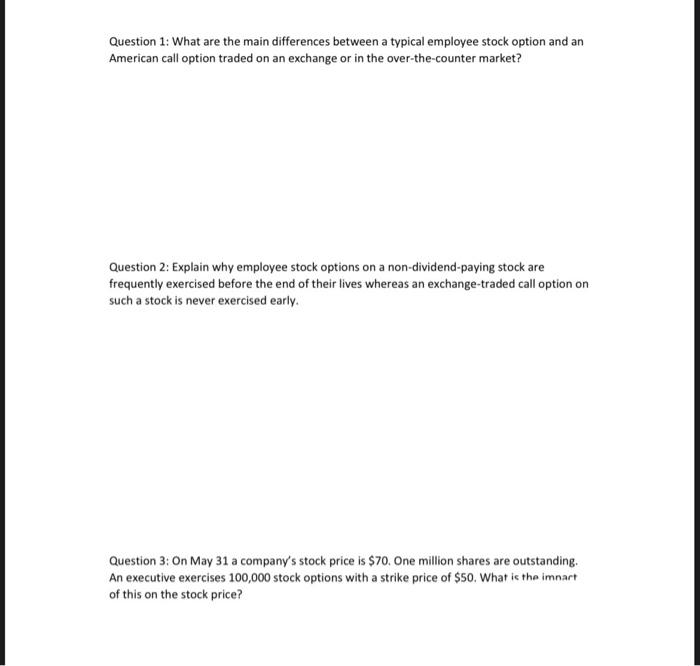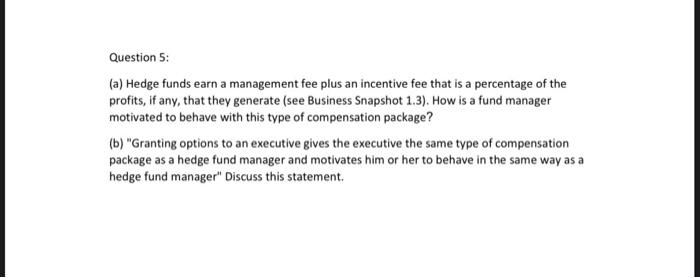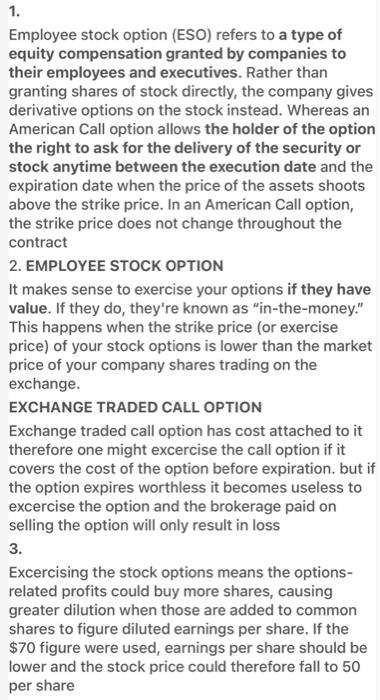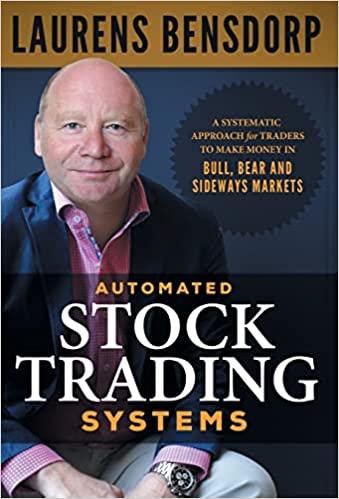Answered step by step
Verified Expert Solution
Question
1 Approved Answer
i already solve the first 3 qs can you please help me with solving the two quations that left? Question 1: What are the main
i already solve the first 3 qs can you please help me with solving the two quations that left? 



Question 1: What are the main differences between a typical employee stock option and an American call option traded on an exchange or in the over-the-counter market? Question 2: Explain why employee stock options on a non-dividend-paying stock are frequently exercised before the end of their lives whereas an exchange-traded call option on such a stock is never exercised early. Question 3: On May 31 a company's stock price is $70. One million shares are outstanding. An executive exercises 100,000 stock options with a strike price of $50. What is the imnart of this on the stock price? Question 4: What is the (risk-neutral) expected life for the employee stock option in Example 16.2? What is the value of the option obtained by using this expected life in Black-Scholes- Merton? Question 5: (a) Hedge funds earn a management fee plus an incentive fee that is a percentage of the profits, if any, that they generate (see Business Snapshot 1.3). How is a fund manager motivated to behave with this type of compensation package? (b) "Granting options to an executive gives the executive the same type of compensation package as a hedge fund manager and motivates him or her to behave in the same way as a hedge fund manager" Discuss this statement 1. Employee stock option (ESO) refers to a type of equity compensation granted by companies to their employees and executives. Rather than granting shares of stock directly, the company gives derivative options on the stock instead. Whereas an American Call option allows the holder of the option the right to ask for the delivery of the security or stock anytime between the execution date and the expiration date when the price of the assets shoots above the strike price. In an American Call option, the strike price does not change throughout the contract 2. EMPLOYEE STOCK OPTION It makes sense to exercise your options if they have value. If they do, they're known as "in-the-money." This happens when the strike price (or exercise price) of your stock options is lower than the market price of your company shares trading on the exchange. EXCHANGE TRADED CALL OPTION Exchange traded call option has cost attached to it therefore one might excercise the call option if it covers the cost of the option before expiration. but if the option expires worthless it becomes useless to excercise the option and the brokerage paid on selling the option will only result in loss 3. Excercising the stock options means the options- related profits could buy more shares, causing greater dilution when those are added to common shares to figure diluted earnings per share. If the $70 figure were used, earnings per share should be lower and the stock price could therefore fall to 50 per share 



Step by Step Solution
There are 3 Steps involved in it
Step: 1

Get Instant Access to Expert-Tailored Solutions
See step-by-step solutions with expert insights and AI powered tools for academic success
Step: 2

Step: 3

Ace Your Homework with AI
Get the answers you need in no time with our AI-driven, step-by-step assistance
Get Started


